Understanding how to keep chickens healthy is crucial for every backyard chicken keeper. A healthy flock are good egg layers and ensure a joyful and vibrant atmosphere in your yard.
In this blog post, we will guide you through how to keep chickens healthy.
From cleaning the coop for optimal health, natural pest control methods, providing access to fresh grass and vegetation, minimising exposure to harmful chemicals, and creating an overall healthy environment – we cover it all.
Armed with these insights on keeping chickens healthy, you’ll be better equipped as a chicken keeper ensuring that your hens remain in top shape.
Cleaning the Coop for Optimal Health
Keeping your backyard chickens healthy and happy is important! A dirty coop can lead to respiratory problems and pesky parasites.
At Somerzby, we know that cleaning the coop can be a bit of a chore, but with regular maintenance, it’s easy-peasy.
Importance Of Regular Cleaning
Chicken keepers should regularly clean the coop to keep their birds healthy. It is recommended you change the bedding whenever it starts to smell bad.
This is usually once weekly but it depends on the size of both your flock and coop – a small coop with lots of hens will need to be cleaned out more often than a large coop with only a few hens.
Regular cleaning helps prevent the buildup of droppings and leftover food that can breed bacteria or attract pests and wild birds. It also reduces the risk of diseases spreading among your flock.
Tips for Effective Coop Cleaning
To maintain a clean coop, chicken keepers should follow these tasks:
- Daily Tasks: Remove any uneaten food and refill water containers daily to prevent bacteria from growing.
- Weekly Tasks: Replace bedding materials weekly or as needed depending on their condition.
- Monthly Tasks: Perform a deep-cleaning monthly by removing all bedding material, wiping down surfaces with a pet-safe cleaner or damp cloth, and allowing everything to dry fully before replacing bedding materials.
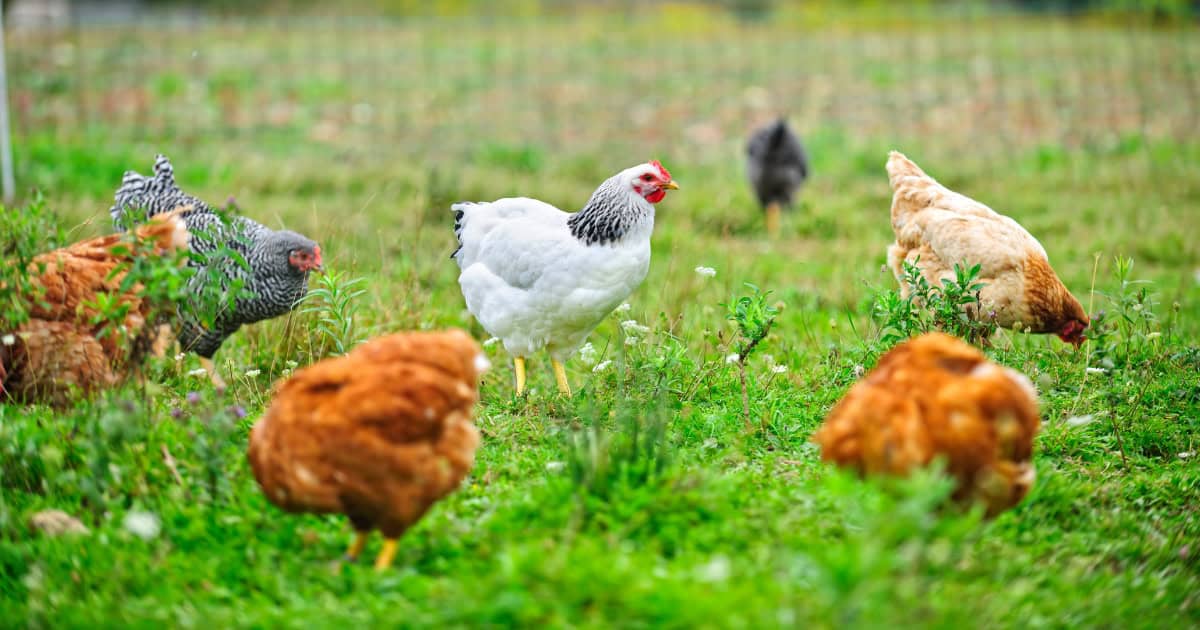
Natural Pest Control
Keeping chickens safe from external parasites like mites and lice is crucial for a healthy flock. Chemical pesticides are effective but often contain harmful toxins that can pose risks to both humans and wildlife.
By choosing natural alternatives, you’re creating a safer environment for everyone involved – including yourself. Natural solutions a backyard chicken keeper can use to keep pests away include:
Natural Predators
Encouraging the presence of wild birds, frogs, or beneficial insects in your garden can help keep pest populations under control. It’s like having your own personal pest control squad!
Diatomaceous Earth (DE)
Diatomaceous earth (DE) is a powder derived from the fossilised remains of aquatic diatoms, offering an environmentally-friendly solution to pest control.
Sprinkling DE around the coop and chicken wire can effectively dehydrate and kill many types of pests. It can be purchased from some hardware or farm supply stores.
Herbs for Pest Control
Incorporating these herbs into your chickens’ living area not only provides natural pest protection but also contributes to their overall well-being with added aromatherapy benefits.
- Lavender: This fragrant herb repels flies and mosquitoes while also creating a calming environment for your chickens.
- Mint: Mint deters ants and rodents from invading the chicken coop due to its strong scent.
- Rosemary: Rosemary helps ward off ticks and mites that may harm your flock.
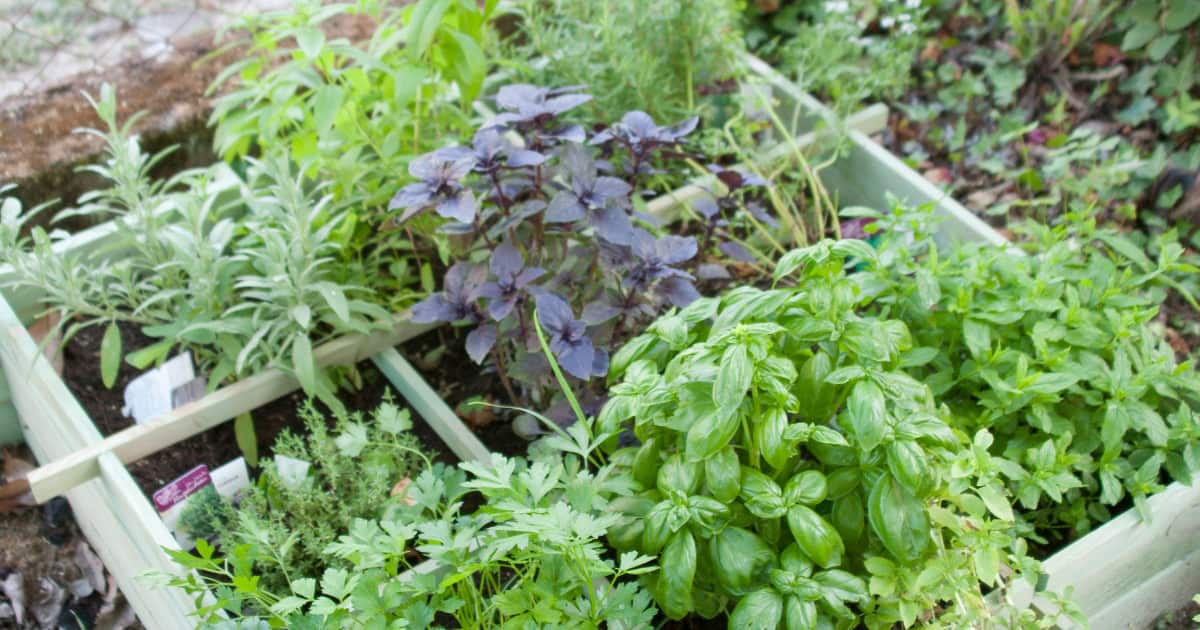
Remember, a healthy and happy flock is a pest-free flock. So, try out these natural pest control methods and watch your chickens thrive.
Access to Fresh Grass and Vegetation
Raising healthy chickens isn’t just about a safe enclosure, but also fresh grass and vegetation. This is crucial for their nutrition and mental well-being.
Importance of Grass for Chickens
Pecking around in the grass allows chickens to consume both vegetation and bugs. This provides them with essential nutrients like vitamins A and E and boosts their immune system.
Mental Wellbeing through Foraging
Allowing your chickens to free range on fresh grass promotes mental stimulation, encouraging their instinctive behaviours like scratching and foraging. It’s enriching and reduces stress levels.
Tips to Provide Fresh Grass Access
- Create a Free Range Area: If space allows, create a run area made from chicken wire where your healthy hens can roam freely during the day while still being safely contained.
- Growing Potted Plants: If you’re limited on outdoor space or worried about predators, consider growing potted herbs or leafy greens which can be placed inside the coop.
- Fresh Cuttings: Another option is bringing in fresh cuttings from untreated lawns or gardens daily so your flock has something new to explore regularly.
Incorporating these practices ensures your feathered friends lead happy lives full of exploration while getting all the necessary nutrients from Mother Nature herself. Remember – happy hens are good egg layers.
To provide optimal living conditions for your pet chooks, check out our wide selection of chicken coops at www.somerzby.com.au
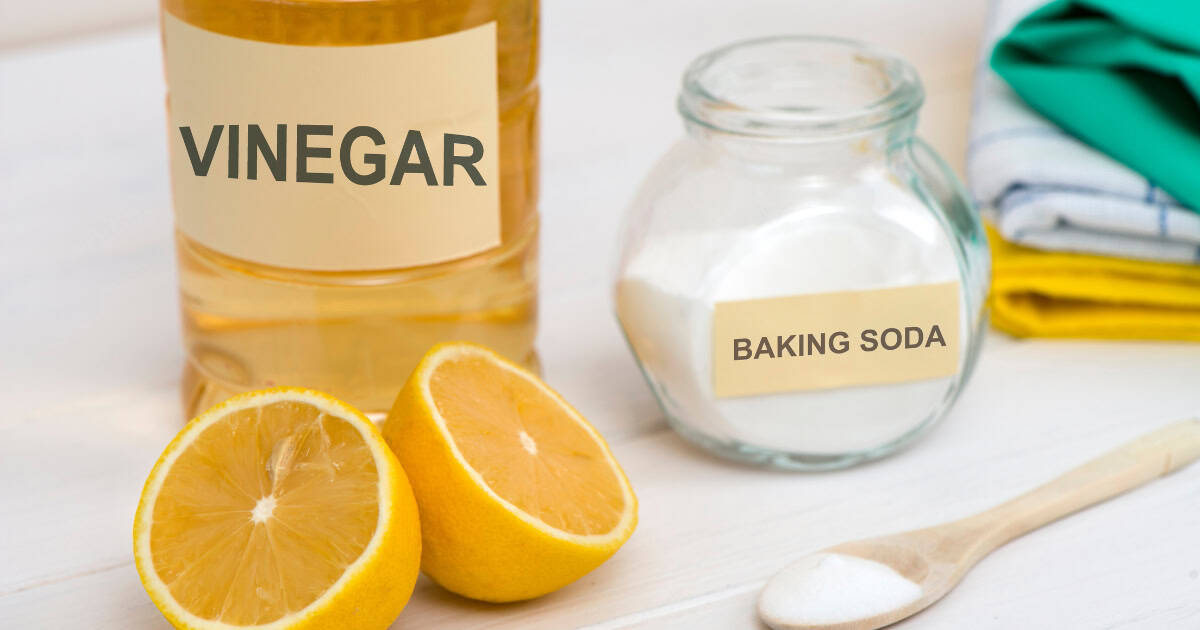
Minimising Exposure to Harmful Chemicals
To keep your birds healthy, minimising their exposure to hazardous chemicals is paramount; conversely, pesticides and other toxins can adversely affect them if not avoided.
Pesticides, cleaning agents, and other toxic substances can be present in their environment and cause health problems.
Avoiding Pesticides
Organic horticultural techniques are the optimal choice for guarding your hens from pesticide contact. If you must use pesticides, choose products labelled as safe for pets and wildlife.
Keep your chickens away from treated areas until the product has fully dried or been washed into the soil. When gardening, avoid using synthetic fertilisers which might contaminate food sources.
Cleaning Agents
Use natural alternatives like vinegar or baking soda to clean surfaces. These substances are effective at killing bacteria without posing a risk to your birds’ health. Always rinse cleaned surfaces with water then let the coop dry thoroughly before allowing your chickens back into their coop.
Regularly clean out feeders and waterers using natural cleaners instead of chemical ones. Create proper ventilation inside coops so any fumes from cleaners dissipate quickly.
Other Chemical Hazards
Lead-based paint on old buildings or arsenic-treated wood used in older, second-hand coops can be another chemical hazard in a chicken’s environment. Avoid these hazards altogether and purchase a new, safe coop coated in a non-toxic stain.
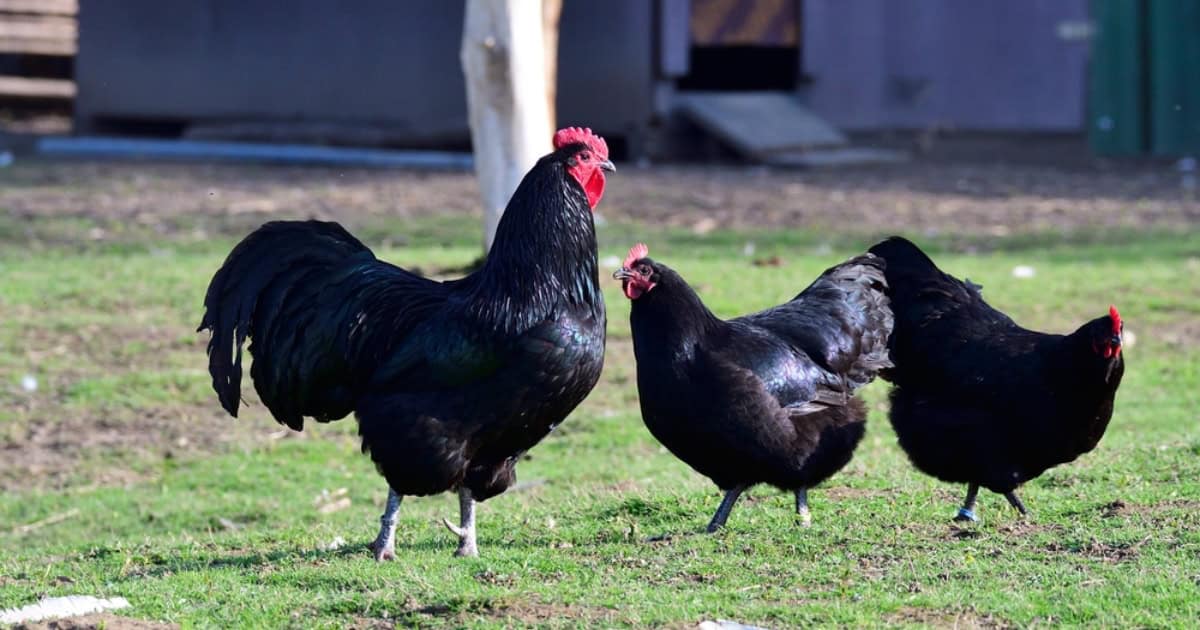
Choosing the Right Chicken Coop
If you’re looking to raise chickens, your first purchase will be a chicken coop. But this decision shouldn’t be made lightly!
Choose the best coop possible to maximise your chook’s health and happiness. By considering the factors below, you can ensure that your flock thrives in a clean, safe, and enriching habitat:
Quality
Choosing a high-quality chicken coop will give you the peace of mind that your hens are safe, even when you can’t be there to watch over them.
It will keep them contained and stop predators in their tracks. A high-quality coop will also last the lifetime of your hens, saving you money in the long run and the hassle of replacing a cheap coop after only a couple of years of use.
Sizing
When pondering how to keep chickens healthy, it is important to consider the size of your chicken coop. A coop that is too small can cause chickens to feel stressed out, leading to aggressive behaviour and lowered egg production.
Materials
For healthy chooks, you need a coop made from the right materials! A good chicken coop will have a waterproof, asphalt roof to keep out rain and keep the coop dry.
Look for long-lasting materials. The body of the coop should be made from naturally rot-resistant timber (such as Chinese fir wood). Avoid treated timbers as these can be harmful for your pets.
Also look for chicken wire that is galvanised, to prevent rusting over time.
Ventilation
Chicken poo creates ammonia fumes. You will need a coop with adequate ventilation, to prevent the stinky fumes from building up.
Look for a coop with small windows on the enclosed roosting area, allowing fumes out but not allowing rain or excessive cold weather in.
Easy To Clean
To keep your backyard chickens healthy, you need to keep their coop clean. The easier and more convenient the coop is to clean, the more often you will do it!
Shop for a coop with easy-to-clean features including easy access, wide-opening doors and a slide-out metal tray under the roosting area.
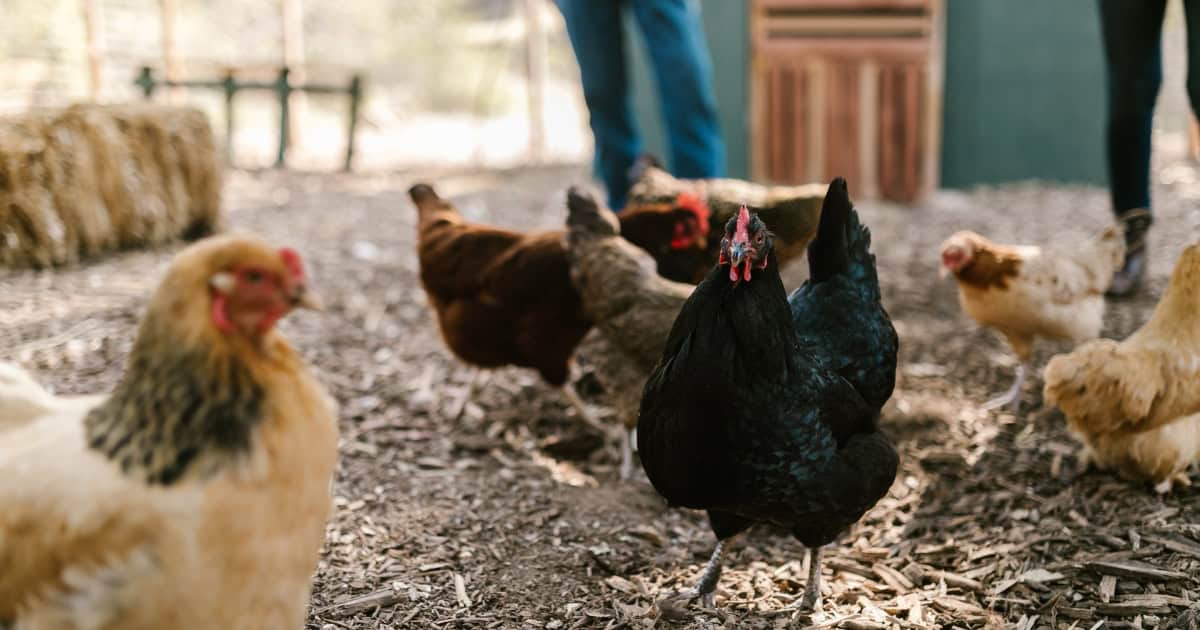
Somerzby offers high-quality chicken coops, designed with both convenience (for easy cleaning) and comfort (for happy hens) in mind.
FAQs in Relation to How to Keep Chickens Healthy
How do you Keep Your Chickens Healthy?
Ensure a clean coop, provide fresh food and water, control pests naturally, minimise exposure to harmful chemicals, and allow access to fresh grass to maintain chicken health.
What are the Signs of a Healthy Chicken?
A healthy chicken exhibits active foraging, social interaction with the flock, consistent egg-laying and shiny, healthy-looking feathers.
How do you Keep Chickens Happy?
To keep pet chickens happy, provide them with a spacious and secure coop or free-range area where they can roam, scratch, and peck.
Additionally, ensure they have a balanced diet of nutritious feed, fresh water, and occasional treats, along with social interaction and mental stimulation through activities like dust bathing and foraging.
Can Chickens Survive Just Foraging?
No, you will need to provide your chickens with food from a chicken feeder in their coop. This ensures they get enough food and the right nutrients. Allowing your flock to forage is a great way to supplement their diet.

Conclusion
Understanding how to keep chickens healthy is the responsibility of chicken keepers. They must be well-versed in maintaining their pets’ health.
By granting your hens daily access to fresh grass and vegetation, you not only fulfil their nutritional needs but also provide them with vital mental stimulation.
In addition, employing natural pest control methods and minimising exposure to harmful chemicals further contributes to the overall health of your flock.
Select a top-notch chicken coop from Somerzby and maintain its cleanliness for optimal chicken happiness.




